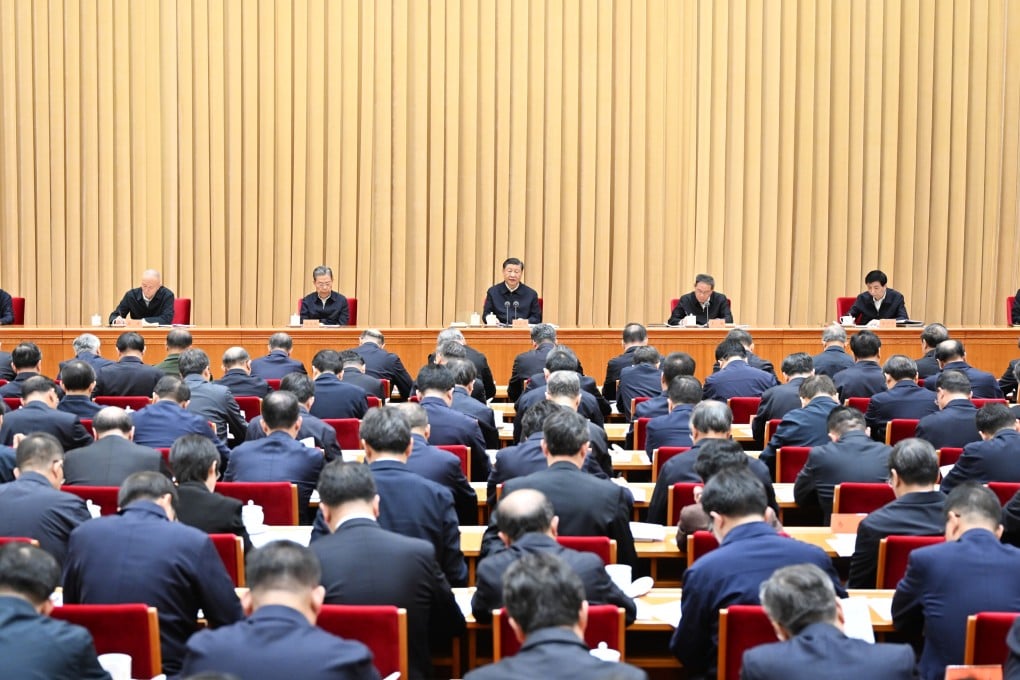Has Beijing secured Hong Kong’s status as an international finance hub?
- Twice-a-decade conference featured strong rhetoric about Hong Kong’s role as a financial centre, stoking optimism for the city’s continuing relevance
- Numerous possibilities exist for its status to be solidified after period of uncertainty, but will require commitments from mainland to carry weight

Beijing’s recent pledge to improve Hong Kong’s status as an international financial centre – a show of commitment to the city made at a time when questions about its purpose grow more acute – has ignited hopes for policy support to make good on strikingly ambitious rhetoric.
That mention was the first to come from the high-profile event since Xi reached the apex of leadership. The previous utterance occurred during the 2012 conference, though Hong Kong’s status was also cited in the Greater Bay Area development blueprint released in 2019.
Following that noteworthy affirmation, the People’s Bank of China pledged on Thursday to steadily expand the institutional opening of the financial market, promote greater overseas use of Chinese currencies and “expand the interconnection of the mainland and Hong Kong financial markets”, according to a statement issued online.
“While some may view this as stating what seemed to be obvious to many, the endeavour to reinforce the status of Hong Kong … cannot be overstated,” said Neville Lai, an independent international affairs strategist.
Lai said he believes its common law practice and its residents’ fluency in both English and Mandarin will help the special administrative region continue to serve as the premier gateway to China for international businesses.
“The free flow of information and capital remains a steadfast commitment to be upheld, as such to entrench Hong Kong’s role as an international financial and trading centre.”
